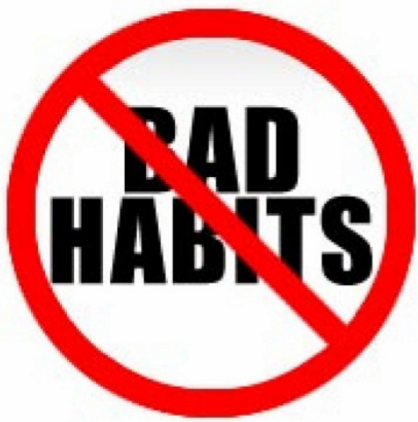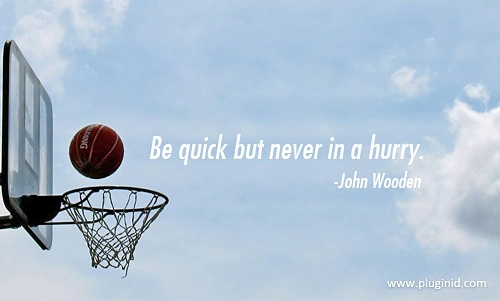Tag: multitasking

Bad Habits: Are You Letting These Get in the Way of Success?
Have you noticed? When it comes to success, the little things make all the difference. They are often the bad habits that do it. Often with poor control over your emotional intelligence. You are the sum of your habits. When you allow bad habits to take over, they dramatically impede your success. The challenge is bad habits…

Time Management: Beware of These 16 Deadly Mistakes
It is pardonable to be defeated, but never be surprised. A famous quote from Frederick the Great. Are you often surprised by time management issues? Not a good thing, is it? There are many deadly time management mistakes that can surprise you and kill your productivity. We will discuss many of the most significant in this…